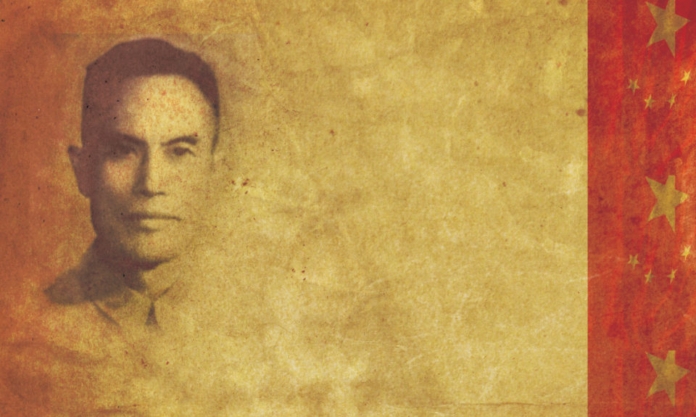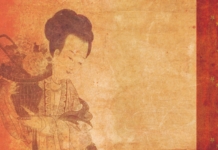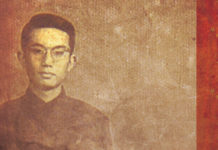Zhang Tianyi (张天翼) was a 20th-century Chinese satirist who went on to become editor of a prolific national literary journal. But, as a left winger and member of the Communist Party, the public needed to enjoy Zhang’s wit through underground journals.
Born in Nanjing on 26 September, 1906, Zhang’s ancestors hailed from Xiangxiang County of southerly Hunan Province.
Zhang finished primary and junior high school in Hangzhou and arrived in Beijing in the autumn of 1925 to be enrolled in Peking University the following year.
But it was not until 1929 that his professional that he officially started his professional writing career. And as it would turn out, that would writing with political leanings.
Expressing dissatisfaction with his uni courses and his family’s limited financial means, a new-found ideology in Zhang led him to join the Communist Party in 1927.
Subsequently, he joined the Chinese Left Wing Writers’ League (中国左翼作家联盟), the literary organisation led and established by the Communist Party of China in Shanghai, with the purpose to fight a propaganda position against the Kuomintang (KMT) and attract the general public’s support for its ideas.
That which would become a turning point for Zhang’s career was heralded by the founding of China’s first first literary journal, People’s Literature (人民文学) on 25 October, 1949, with calligraphy for tits masthead done by Chairman Mao Zedong himself.
But before becoming that publication’s editor in chief, after liberation, Zhang successively served as Deputy Director of the Central Literature Institute (中央文学讲习所), member of the China Federation of Literary and Art Circles (中国文联委) and Secretary to the Secretariat of the China Writers’ Association (中国作协书).
But as a writer, given his political leanings and the ever-present KMT of the day, much of Zhang’s personal cannon was published under pseudonyms, such as Zhang Tianjing and Tie Chihan, through underground channels.
That particular avenue also only served to enhance Zhang’s popularity with his readers, especially given the style and focus of his writing.
Through his prose, Zhang liked to expose the vulgar and ridiculous life of ordinary citizens and intellectuals alike, so as to reveal the hypocrisy and ugliness of reality, attacking the disadvantages of that he saw as an abnormal society.
Given this darker preference, the paradox in Zhang’s life story was the fact that he found his greatest success as a writer of children’s fiction, to the extent his fairy tales now occupy an important position in the history of Chinese children’s literature.
In particular, Zhang’s “The Story of Luo Wenying” (罗文应的故事), a collection of short stories, won first prize in the National Children’s Literary and Artistic Creation Award (全国少年儿童文学艺术创作) in 1954. That same institution also later conferred Zhang as an honorary recipient of the award in recognition of his contribution to children’s literature.
Meanwhile, his other works, “The Bald King” (秃秃大王) and “Dalin and Kobayashi” (大林和小林), went on to be known as milestones in the history of Chinese fairy tales.
Sickened by hemiplegia and aphasia but largely cured, he still insisted on working for most of the following decade. Zhang died on 28 April, 1985.












